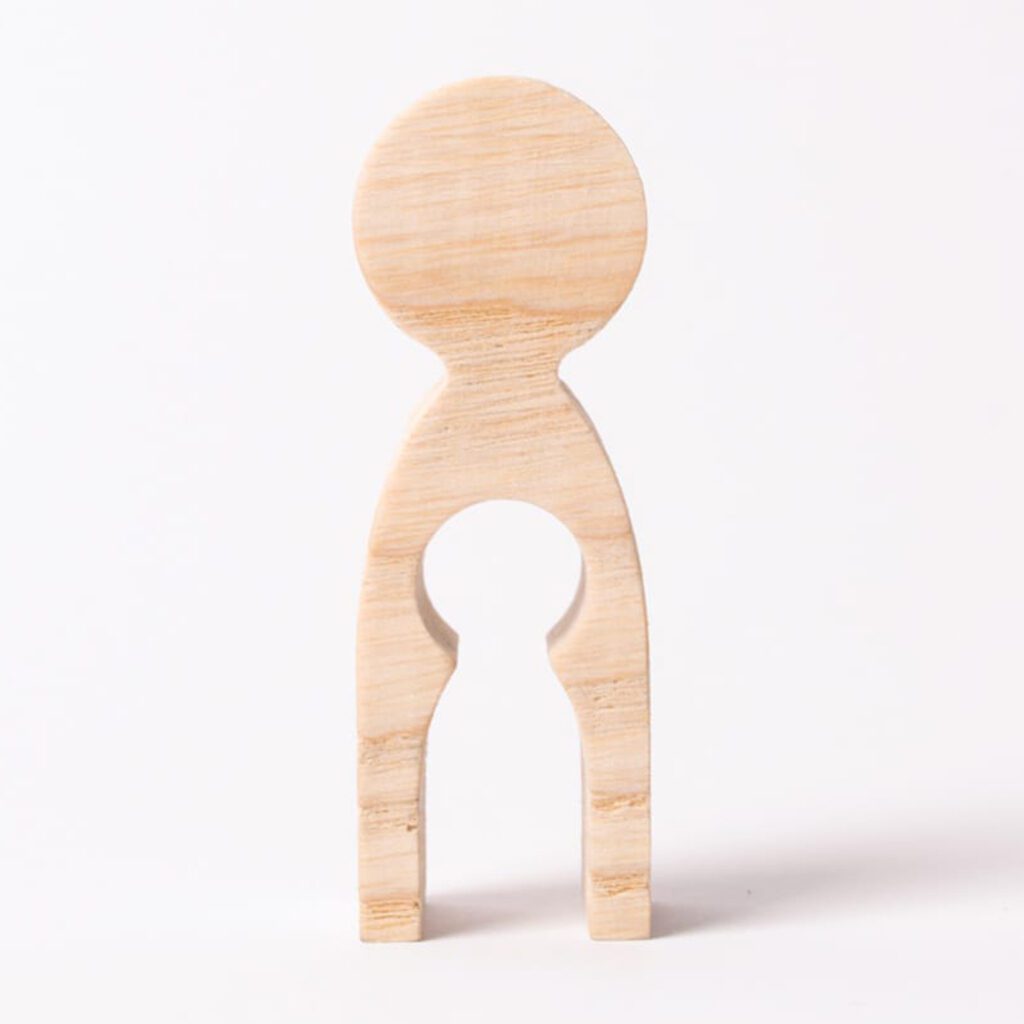Early pregnancy loss occurs in 10% of clinically recognized pregnancies, according to the American College of Obstetricians and Gynecologists. In other words, miscarriage is not uncommon, yet the painful subject is all-too often treated as taboo. That doesn’t change the fact that miscarriage affects many women both physically and emotionally, and the emotional scars are deep and long-lasting.
Here, marriage and family therapist Kimberly Mathis speaks on the emotional aftermath of miscarriage, from managing the heartache to eventual healing.
What are the emotions you’ll experience after a miscarriage?
After the initial shock of losing your baby, a range of emotions can be expected, and they’re all natural and healthy. Mathis shares, “Women may experience a mix of emotions including, but certainly not limited to, grief, shame, anger, hopelessness, and even jealously of other pregnant women.” A period of mourning is common and often accompanied by the stages of grief: denial, anger, bargaining, depression, and acceptance – but not always. “There isn’t one ‘right’ way to process grief, so I discourage women from comparing themselves to other women who may have experienced their grief differently,” she advises.

The advice I would give a woman who has just experienced a miscarriage is to go easy on herself. She has permission to feel whatever she’s feeling, and to deal with her grief in whatever ways feel helpful to her.”
Kimberly Mathis
How do you begin to cope with the loss?
Handling your emotions, and eventually coming to terms with your loss, is easier said than done. While some women feel ready to return to everyday life shortly after a miscarriage, others may be unable to eat or sleep and feel stuck in their grief for months. “No matter how you choose to work through the grief, I believe that all women can benefit from normalizing their experience and giving themselves some self-compassion,” Mathis shares. “Find someone to talk to, like a family member or close friend, who makes you feel safe and who gives you time to process the loss in your own way.”
In some cases, additional support outside of friends and family may be needed. If feelings of depression or anxiety are interfering with your daily life, it’s important to check in with a professional, like a mental health practitioner, who can help you find healthy ways to move forward. Peer support groups can also be invaluable in coping with loss. “Support groups provide a safe space for women to talk about their grief honestly and openly with women who have had similar experiences,” Mathis says.
What should communication between partners look like after a miscarriage?
Turning to your partner for support can help you both heal from your collective loss. Creating a safe, nonjudgmental space to talk through thoughts and feelings is key to effective communication during this difficult time. “Too many partners rush to ‘fix’ their loved one, and they’ll do this by attempting to offer distractions or talk the other person out of what they’re experiencing,” Mathis says. “If you’re the partner, try to be patient. Hold her when she’s upset and ask her if she needs you to do anything. More than anything, your partner needs to be heard and be given the time and space to grieve.”
How do you know when you’re ready to try again?
“A woman will know when she’s ready to try again, and barring any medical issues, she doesn’t need to worry about following a set timeline,” Mathis shares. Whenever you are ready to move forward, Mathis suggests discussing plans with your doctor and surrounding yourself with a great support system. And just remember – for the vast majority of women, early pregnancy loss is a one-time event.


Kimberly Mathis
Pre-Licensed Marriage and Family Therapist, Clarity Women's Counseling

